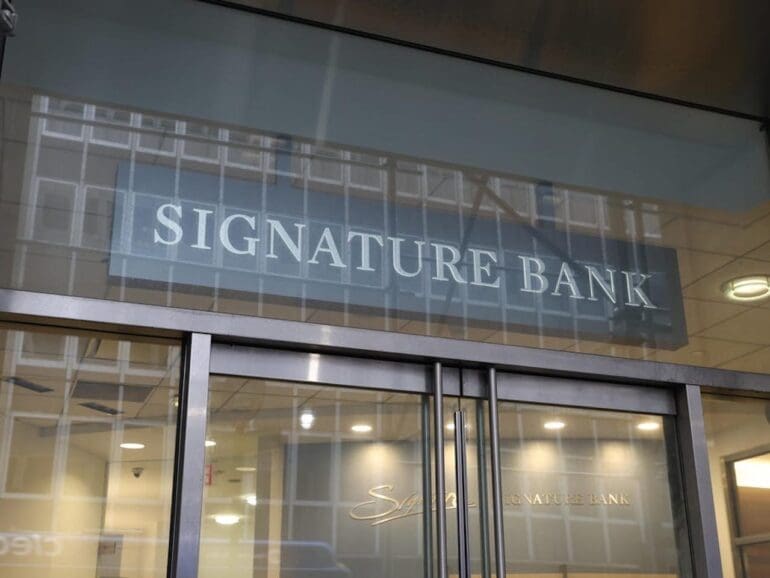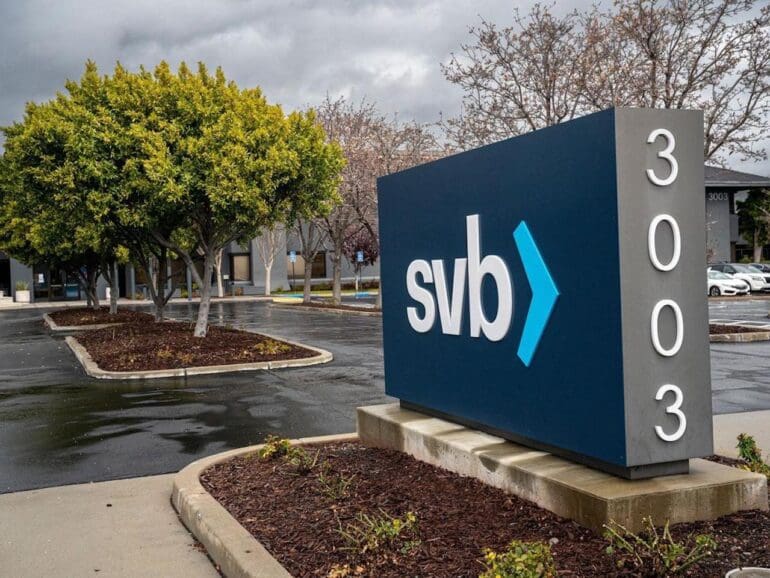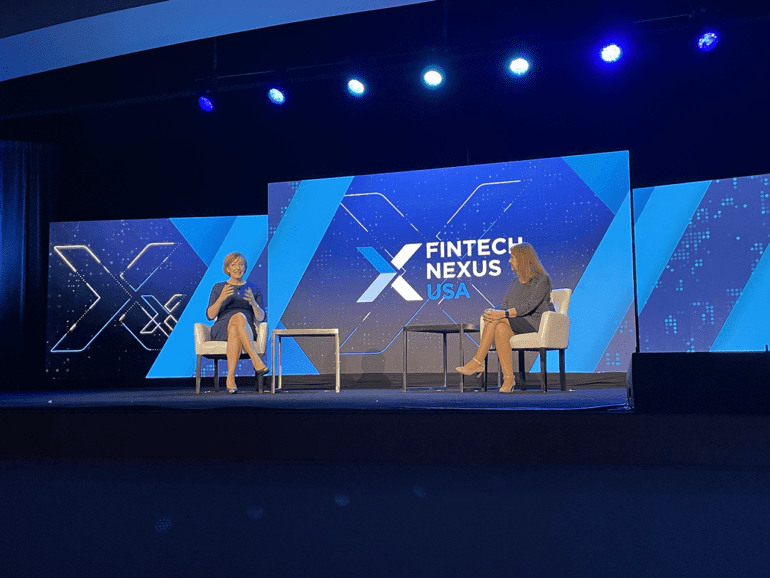Look beyond the initial aftereffects of recent market shocks and there are plenty of positive developments happening in blockchain-related industries, the leader of a global investment firm believes.
The whole of finance has felt SVB's ripples. Crypto is no exception. Some are evaluating DeFi as a influencer of changes to the system.
The Silicon Valley Bank (SVB) collapse will improve financial system health if it moves systems towards decentralized finance (DeFi). That pulls them away from the single points of failure that caused the most damage over the past few weeks, Paystand CEO Jeremy Almond said.
Private permissioned blockchains are a key feature of Tassat’s B2B payments and financial services for banks.
U.S. regulators have chosen to "shove" digital assets overseas. Caitlin Long explains that they are missing the point.
There is a definite Monty Python theme to today's summary, and it fits as the to-date response to crypto and blockchain from regulators has been absurd and laughable.
Real-world asset tokenization was set to be a multi-trillion dollar market by 2030. It's still on track despite FTX setbacks.
US regulators plan to continue their enforcement of crypto, leaving the industry without much needed clarity. However, FIs carry on adoption.
Proposed regulations recently released by the Treasury Department help bring added clarity to participants in the digital asset economy. But the process is far from over. Investors, centralized crypto exchanges, payment processors, some hosted wallet providers, and some decentralized exchanges are the most affected. Miners, stakers and developers are not impacted.
Offering a segregated bitcoin custody model, the bank provides institutional customers with SPDI-driven protections.











